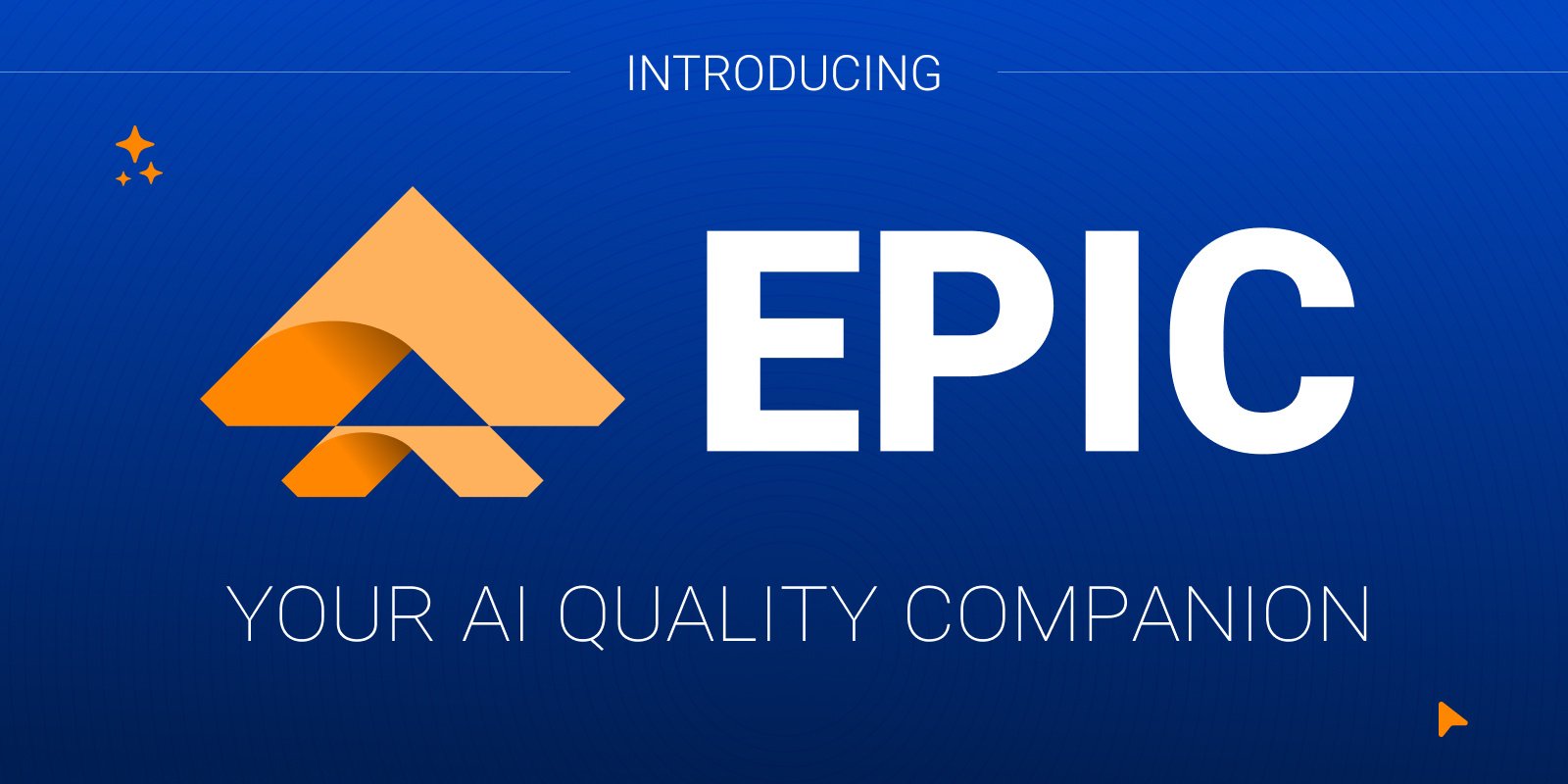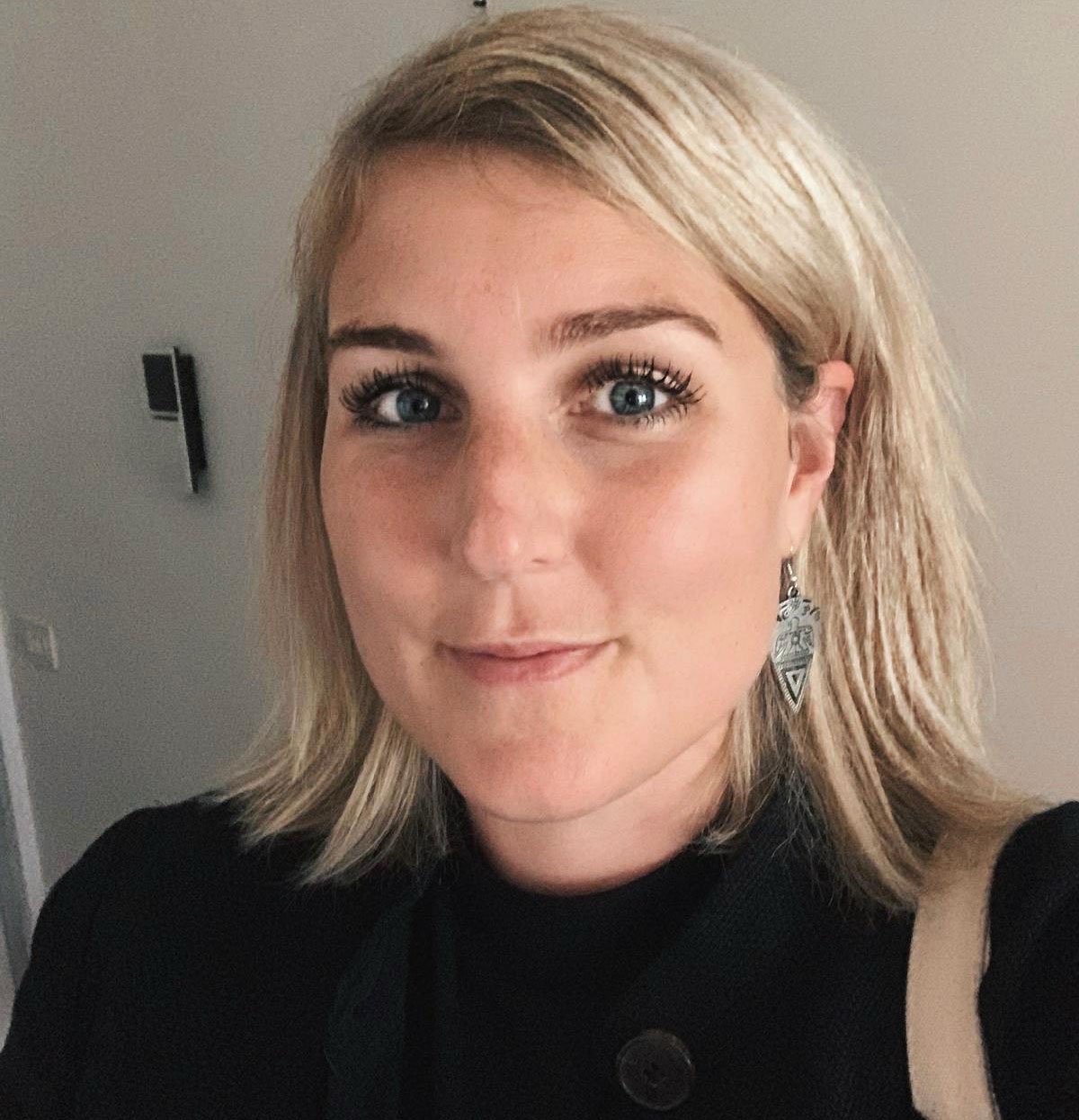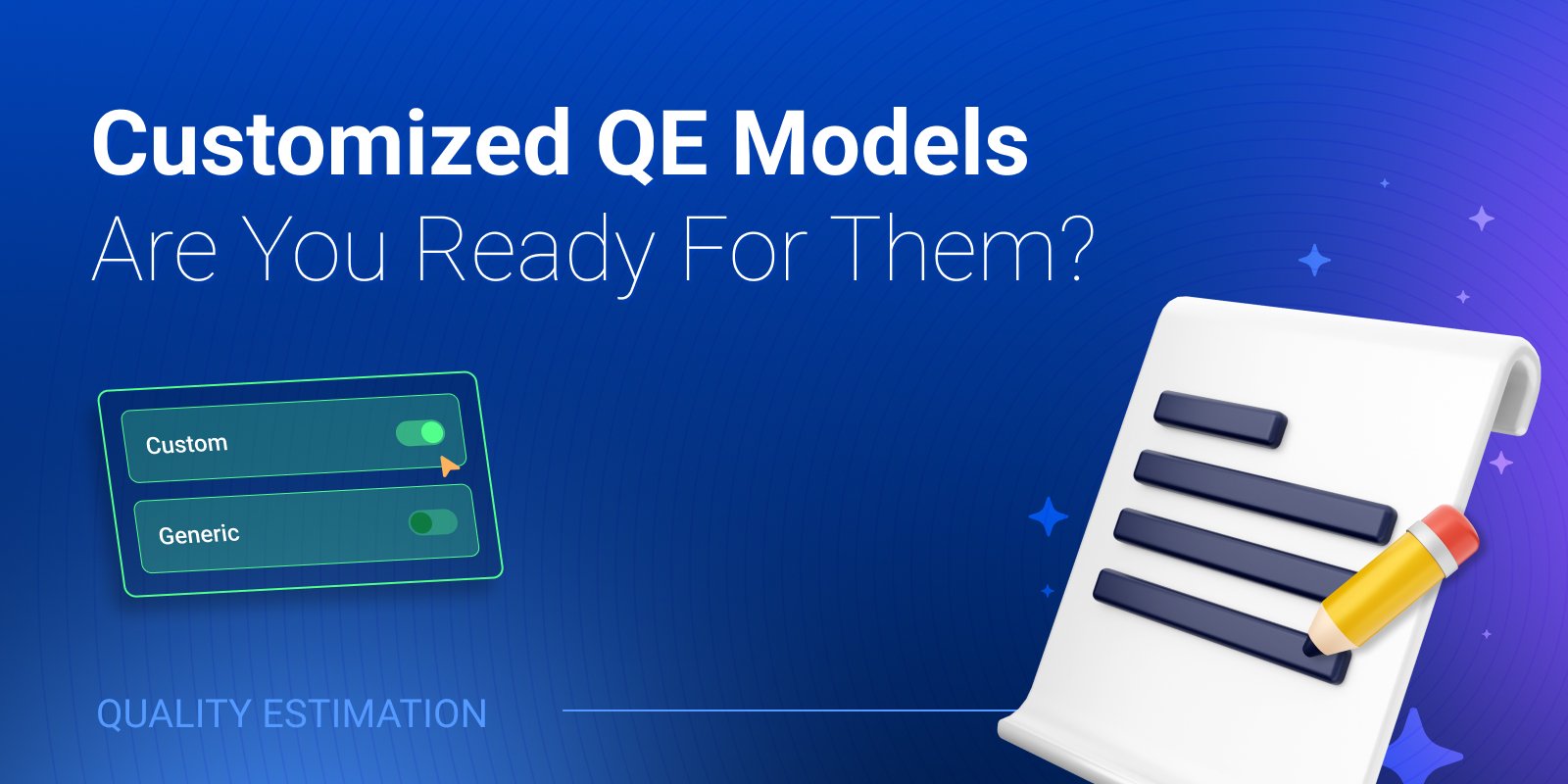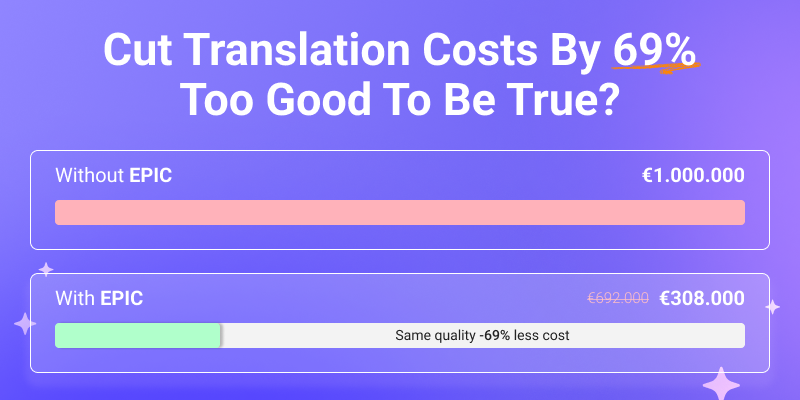Introducing EPIC: Your AI Quality Companion

Discover EPIC by TAUS: an AI-driven tool combining Quality Estimation and Automatic Post-Editing for optimized, cost-effective, and high-quality translation workflows. Try it out today.

Anne-Maj van der Meer is a marketing professional with over 10 years of experience in event organization and management. She has a BA in English Language and Culture from the University of Amsterdam and a specialization in Creative Writing from Harvard University. Before her position at TAUS, she was a teacher at primary schools in regular as well as special needs education. Anne-Maj started her career at TAUS in 2009 as the first TAUS employee where she became a jack of all trades, taking care of bookkeeping and accounting as well as creating and managing the website and customer services. For the past 5 years, she works in the capacity of Events Director, chief content editor and designer of publications. Anne-Maj has helped in the organization of more than 35 LocWorld conferences, where she takes care of the program for the TAUS track and hosts and moderates these sessions.
 by David Koot
by David Koot


